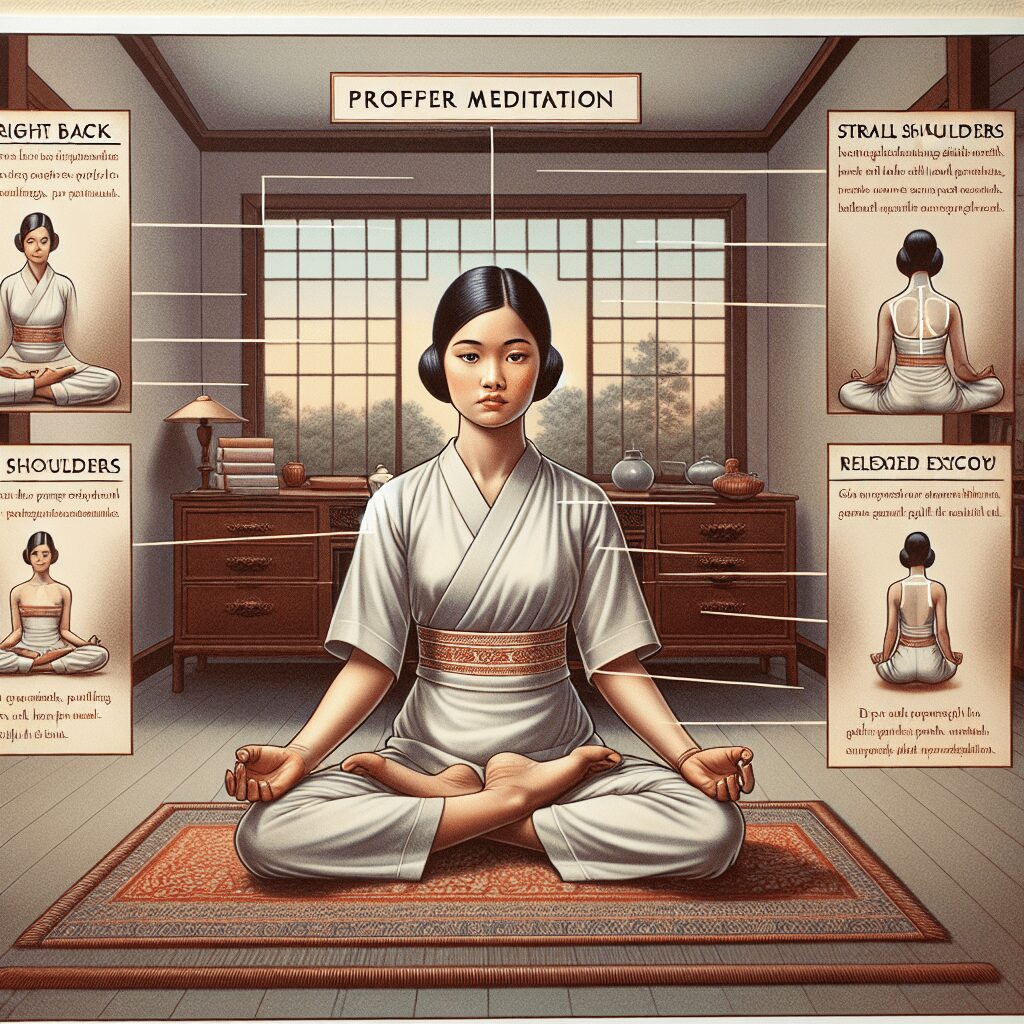
Prioritize your mental well-being daily. Enhance your life by nurturing your mental health with the Smart Meditation app. Break free from stress, alleviate anxiety, and enhance your sleep quality starting today.
Can Vaping Help Anxiety?
Unraveling the Vaporous Enigma: Can Vaping Ease Anxiety?
In the modern hustle and bustle, where the clock never seems to tick slow, anxiety has become an unsolicited companion to many. The quest for tranquility often leads individuals down various avenues, some veiled in clouds of vapor. Yes, we’re drawing your attention toward vaping, a practice that has wafted into societal norms with as much controversy as acceptance. But amidst its rising plumes, a question lingers – can vaping truly help ease anxiety? Let’s take a deep dive into the foggy intersection of vaping and mental wellness.
The Buzz Behind the Vapor
Vaping, the act of inhaling vapor produced by an electronic cigarette or similar device, has quickly escalated from a smoking cessation aid to a trendy lifestyle choice. But beyond its social appeal, there lies a burgeoning curiosity about its potential as a stress-reliever. Does this electronic inhalation hold the key to calming the storm inside our minds, or is this just a cloud of deception?
A Puff of Relief or a Mist of Myth?
The proponents of vaping often highlight the calming effects of nicotine – the chemical siren that lures many into the vaping vortex. Nicotine, a known stimulant, has been noted for its temporary anxiety-reducing properties. The crux of the argument rests on the stimulus-response effect, where the act of vaping serves as a psychological crutch, delivering a fleeting escape from the grips of anxiety through the ritualistic act and the ensuing nicotine rush.
Moreover, the variety of flavors and the customizable nature of vaping devices allow users to tailor their experience, potentially offering a personalized buffer against stress. The notion here is simple: if your mind is a tempest, perhaps a flavored cloud could offer a momentary haven.
However, it’s not all rainbows in the land of vapor. Critics argue that the anxiety relief associated with vaping may be nothing more than a well-crafted illusion. The word on the street (and in scientific circles) highlights the risk of dependence, where the initial solace found in vaping morphs into a leash of nicotine addiction. Furthermore, the physiological impacts of long-term vaping are still shrouded in mystery, casting a shadow over its viability as a safe anxiety management tool.
Wading Through the Haze: What Science Says
When it comes to vaping and anxiety, the scientific community seems to be navigating a labyrinth of uncertainties. Preliminary studies suggest that while nicotine can provide short-term relief, the long-term effects of vaping on mental health remain a largely uncharted territory. The seesaw of immediate relief versus potential dependency and unknown health risks makes vaping a double-edged sword in the battle against anxiety.
It’s crucial to acknowledge that anxiety, a multifaceted beast, cannot be tamed by a one-size-fits-all solution. While some individuals may report temporary respite through vaping, others might find themselves deeper in the mire of anxiety and dependency.
Navigating the Vapor Trails
So, where does this leave us in the quest for serenity? The key lies in cautious exploration and personal discretion. If you’re considering vaping as an anxiety aid, it’s imperative to weigh the fleeting allure of nicotine-induced calm against the backdrop of potential addiction and health uncertainties. Embracing healthier, more sustainable anxiety management techniques – think meditation, exercise, or therapy – might just offer a clearer path toward tranquility, minus the smoke and mirrors.
Remember, navigating the maze of mental wellness requires a compass of knowledge and a map of varied strategies. As we continue to explore the enigmatic relationship between vaping and anxiety, let’s tread lightly, lest we find ourselves lost in the fog.




